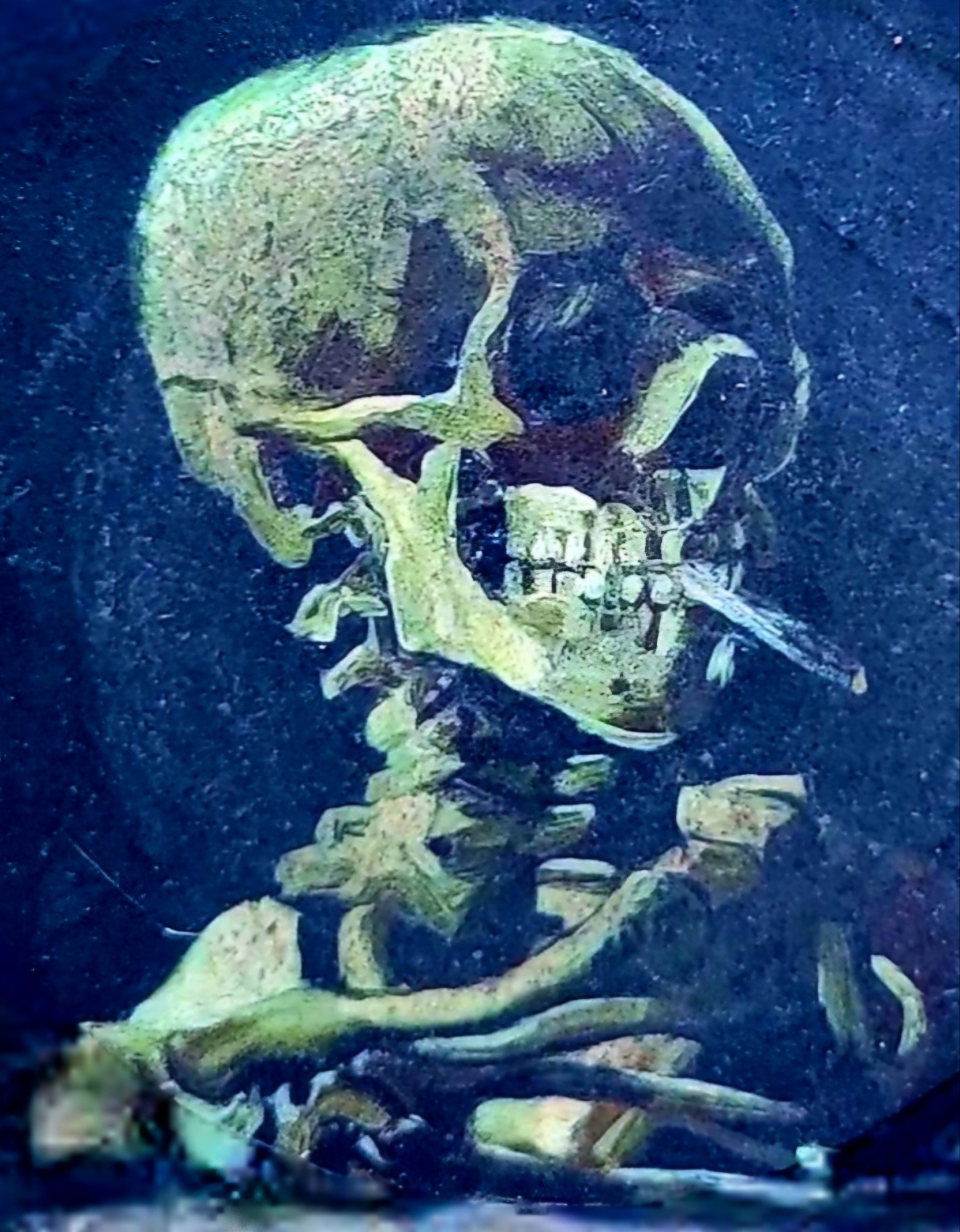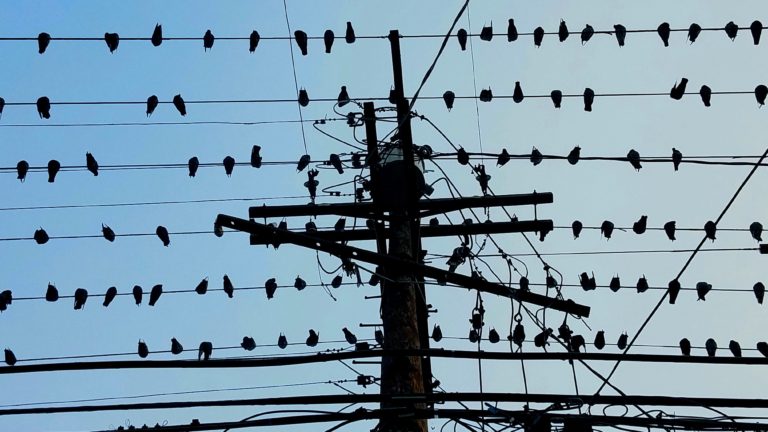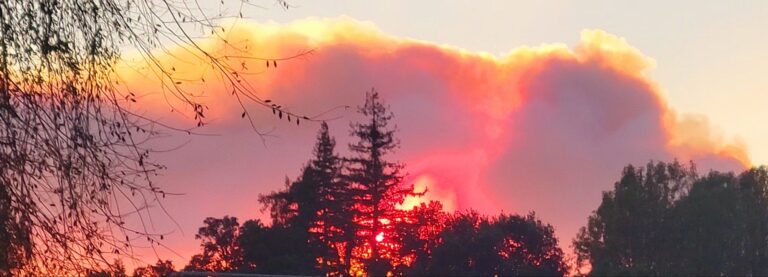Marco Etheridge-Fiction

Appomattox
I stacked my rifle at Appomattox just like all them other fellas. Four years of merciless slaughter brought to an end by two handwritten letters, three sheets of paper in all. And that was that. With the stroke of a pen, we became the defeated orphans of Robert E. Lee.
Bobby Lee said goodbye to us with General Order Nine. I carry a copy of it here in my breast pocket. After four years of arduous service marked by unsurpassed courage and fortitude, the Army of Northern Virginia has been compelled to yield to overwhelming numbers and resources.
Marse Robert wasn’t lying about us being overwhelmed. We was outnumbered the whole damn war. Killed more Yankees than they did us, but that didn’t stop ‘em none. The Union just kitted out another batch of raw recruits and threw those boys into the meat grinder. Them fellas died like rabbits, but they just kept coming.
My name’s Jakob Tweed. I joined the Army of Northern Virginia in July of eighteen sixty-two. Weren’t but twenty-four years old when I came a soldier, and never been further than ten miles from my home place in Ararat, Virginia. I seen a lot since then, most of it bloody. Ended up Sergeant Tweed ‘cause I didn’t get killed. Best believe me when I tell you that’s saying something.
I saw my first killing at Second Manassas, and there was plenty to see. Our cannon cut them Yankee boys to ribbons. Then Longstreet turned us foot soldiers loose. Biggest damn counterattack of the whole war, five divisions of our infantry slamming into those blue boys. The Yankees started running and kept right on. I was right there in the thick of it, green as grass and trying not to show it. That was a good day.
In them early days, most of us figured we had the Union beat. Talk ran wild around the cook fires, boys betting they’d be back home by harvest time. Looking back, I’m ashamed to admit that I thought the same. Said so too, young fool that I was.
That was before the slaughter at Antietam, then Fredericksburg. After Chancellorsville, I got made a corporal. The previous corporal fella got his head sheared clean off by a six-pound cannonball. That poor headless bastard kept right on running. He made three or four steps before he finally fell. Happened right next to me.
Close calls is always a topic after a fight. Some fellas need to talk it out of their heads or go crazy. I don’t believe it pays to dwell on the near misses, but soldiers tend to be superstitious. Plenty of fellas wouldn’t fight without a rabbit’s foot hanging round their neck. Didn’t make much difference that I could see. A lead ball left ‘em just as dead, lucky charm or no. But I will fault no man for his superstitions, especially with musket balls cutting the air like hell’s own wasp nest.
In June of sixty-three, Bobby Lee headed us north into Pennsylvania. More lead was fixing to fly, that was sure. You couldn’t blame our boys for dreaming up a new lucky charm. Too bad they chose me. I ain’t nobody’s rabbit foot.
We marched short-handed because our company had taken a beating at the Chancellorsville crossroads. We drew skirmish duty, keeping them Union boys busy while Stonewall Jackson circled behind ‘em. When General Jackson slammed into those Union Boys, they turned tail and ran. We won the battle but lost General Jackson. Some of our own killed him as he rode back to the front lines. A foolish thing, but war is full of foolishness. We lost almost half our company that day and I got made a corporal.
On the eve of the Gettysburg fight, it come to me that I’d been soldiering a whole year with nary a scratch. Four big fights and too many skirmishes to count. Hard to figure.
That whole year I’d seen men, mules, and horses dying all around me. Had me some close calls, that’s sure. At Fredericksburg, a Minié ball clipped the hat right off my head. Felt like Satan parting my hair, but I kept right on charging. What else can you do? At Chancellorsville, a ball punched a hole through my sleeve. Never even noticed until one of the boys pointed it out around the cook fire that night. I guess that’s when some of them started treating me like I was a good luck piece.
Maybe the fellas figured if they stuck close beside me, my luck would rub off on them. I wish it had, I surely do. The sad truth is them what stuck close to me got mowed down as quick as them that didn’t.
Come Gettysburg, familiar living faces were few and far between. Most of the fellas I’d started soldiering with was dead. Damned if their ghosts didn’t march right alongside me. I knew every one of them, their faces and names, stories they’d told me about their old home place, kinfolk, sweethearts. War cut down the living like a scythe and left a harvest of ghosts.
That’s how it went, month after month. Men and boys dying, both blue and grey, while the war marched on. I thought I’d witnessed every horror war could serve up. Then we was digging in at Spotsylvania Courthouse. I don’t believe any of us, Confederate or Yankee, had any idea that hell was about to open wide.
Any veteran will tell you that soldiering is more hard labor than battles. When we weren’t marching day and night, we dug trenches, felled trees, and stacked timber. When them cannons open up, a fella wants something solid to hide behind or under.
That hellhole of Spotsylvania looked like an anthill poked with a stick. By the time we stopped digging and stacking, our earthworks stretched four miles end to end.
Our lines weren’t straight by no means. We built along the edge of the high ground and left the flats to the Yanks. Smack in the center, the earthworks bulged out almost a mile. That bulge came to be known as the Mule Shoe. And on the left shoulder of the Mule Shoe, the gates of hell were about to open wide. The Bloody Angle.
The Yanks came at us before dawn, charging out of the mist and dark. Twelfth of May it was, a day I’ll never forget. Rained all night and the mud sticking to our boots. Black as pitch it was until the cannons and muskets turned night into day.
Them blue boys was cut down like wheat, but they kept coming, thousands of them. The Yankees crashed over our earthworks, a huge wave of screaming men that damn near swept us away.
There weren’t no lines, no order, and barely any sense of who was friend or foe. Pure bloody chaos, a mob fight. Men fell on each other with muskets and pistols, firing point blank. The rain spoiled the powder. Then we was fighting hand to hand, stabbing men down with bayonets and knives, clubbing each other with rifle butts, fists, anything a fella could grab.
We held them at the Bloody Angle, the Yanks on one side of the timber palisades and us on the other. Nothing between us but the thickness of a few stacked logs. The killing didn’t stop. It just got closer. Nothing but gunsmoke and screams, and all of us knee-deep in blood and mud.
The earth beneath our boots became a slippery soup of water and blood. Bodies stacked up four and five deep. We took to throwing corpses over the timberworks to make room for the fighting. Some of them bodies took so many musket balls they fell apart in your hands when you tried to heave them over.
It was a desperate fight. Our boys poured into the lines and somehow we managed to stop them Yanks. That weren’t the end of it though, not by a damn sight. It only got worse.
I seen one of my boys leaning up against the timbers, trying to catch his breath. Then a bloody bayonet stuck out through his chest. A Yank on the far side had stabbed him through a gap in the logs. I snatched up a musket, rammed the muzzle between two logs, and pulled the trigger. Heard that musket ball hit flesh, that’s how close we were. Then a scream and a splash.
The killing and dying went on all that long day and into the night. We damn sure weren’t soldiers no more, nor men neither. The Bloody Angle turned us into savage beasts and killers. Hell, we didn’t even look human, faces black with powder smoke, smeared with gobbets of mud and splashed blood.
I shot through them palisades, killing Yankees I never saw. Had three boys behind me loading muskets, passing them forward. Just up the line, our lieutenant stalked the earthworks, him peeking through chinks for the sight of a blue uniform. Then he’d stab his saber quick as a snake. Pull that bloody sword free and cackle like a maniac. Wasn’t long before he stuck his eye in one crack too many. A Yank was waiting for him. Blew a pistol ball right through that lieutenant’s eye.
The sun set and still we fought. Dispatches said we had orders to hang on while our engineers built new lines. I know it may sound like a damn stupid idea, but that’s what we done. We hung on.
Come full dark, there was a lull along our piece of hell. It happens like that in a battle. Ain’t no explaining it.
I knew better than to waste a quiet moment. Clasped my gore-soaked hands under my chin and offered up a prayer. Asked the Lord to let my poor boys get free of this hellhole. He could take me if he cared to. I was done, nothing left, good for naught but slaughter.
My prayer was answered from the top of the earthworks. A few brave Yankees had clambered their way to the top of the palisades. They got off one volley before our boys cut them down. Musket balls took a boy on either side of me, both of them heads bowed and praying with their sergeant. Nary a ball touched me.
I ain’t prayed a word since then, and I never will again.
Come midnight, fighting fell away to skirmishes up and down the timberworks. We’d been hacking and killing each other for damn near twenty-four hours, nothing to eat but biscuits washed down with filthy water. Most of the boys could barely raise their muskets.
Finally, runners brought word that the new lines was ready. We was to fall back on the quiet, unit by unit. I laughed long and hard while the poor messenger stood there thinking I’d gone crazy. I couldn’t help myself. Them officers thought there were still units somewhere in this bloody strip of hell.
That messenger boy skedaddled while I gathered my few survivors. I heard our lines moving back rather than seeing it. Then our turn came. We staggered away through a black sea of mud and debris, past corpses stacked like cordwood.
We made it out of the Bloody Angle, but the battle lasted another week. It rained for five days straight through, enough to damp the powder on both sides. Bobby Lee led us out of there, while US Grant tried to figure which direction we’d wiggle next.
The war ran on another nine months, and we ran with it, that bastard Grant tight on our asses. It was a damn shame what we was reduced to. The Army of Northern Virginia run out of supplies, ammunition, and horses. Hell, many a good soldier marched right out of his boots. Weren’t no more to be had. A dead man still wearing boots was a rare sight.
Marsh Lee would find a piece of ground he liked, turn us about, and we’d give them Yankees another bloody nose. Fought barefoot, killed Yanks all day long, and they just kept coming.
I still had my boys to look after and that’s what I done. Most of them was scared to death of me by then. I expect they was right to be afraid. Jacob Tweed got left behind, back there in the mud and gore at the Bloody Angle. I had become an angel of death, hollow as a gourd.
In battle I stood exposed, firing musket after musket as the boys reloaded behind me. Lead flew past me thick as hailstones. Men screamed and died left and right, but not a single ball delivered the mercy I craved.
The new year came. We was running short of everything, fighting ragged and hungry. More than anything, we was running out of time. The Union Army was like the tide. No man nor army could stop it.
The last march brought us to Appomattox. There was damn little food and almost no ammunition. Grant and his Yankees had us surrounded. We still had the will to fight, but not the means. The clock ticked down to nothing. General Lee surrendered. I stacked my rifle along with my few living boys.
A stroke of a pen, and they said the war was done. I reckon they forget to inform the dead. Three sheets of paper don’t mean nothing to an army of ghosts.
A defeated army don’t disappear overnight. To General Grant’s credit, the Union Army treated us decent. They handed out rations and we filled our bellies while we waited.
Over the next two weeks, the Yankees printed up passes stating we were free to go. Didn’t say how. The cavalry got to keep their horses. Us foot soldiers, most bootless since Petersburg, we got to keep our feet.
That’s how I begun the long walk home, barefoot, just like all them ghosts that walked beside me. I had more in common with the ghosts of the dead than with the raggedy living men trudging the muddy roads.
It was every bit of a hundred forty miles back to my old place. At each crossroad, the crowd thinned. Broken men raised a hand in parting, then turned off the main road. And as they disappeared from view, a few ghosts followed.
My turn came after nine day’s walking. I come around a long bend, men strung out before me and behind me. A crowd of ghosts marched along on either side of the road, floating over the broken ground like it weren’t no trouble at all.
Coming into that familiar ground was like waking out of a nightmare or sinking into a dream. A rutted lane led across the deserted fields and into a clump of woods. My road home.
A few men mumbled their farewells and turned aside. I kept right on walking. They called after me, but I just raised my hand and put one foot in front of the other. Didn’t look back.
It’s been three months now since I passed that crossroad. August and hotter than hell. I don’t mind it much and the ghosts don’t complain. I walk in the morning and evening. Midday I find a shady nest and sleep. The ghosts watch over me while I’m napping.
Crossed over the Mississippi River at Vicksburg. A month ago now, I reckon. Wasn’t much left of the place. Yankee soldiers everywhere. I keep my pass handy.
I’m in Texas now. Some days I get a notion to stop, but the ghosts keep right on walking. I know every one of them by face and name. Don’t feel right letting them trudge away alone and forgotten. I reckon we’re chained to each other with bonds of blood.
Where they go, I go.
***
You can learn more about Marco Etheridge by clicking on his bio: https://thievingmagpie.org/marco-etheridge-bio-5/



